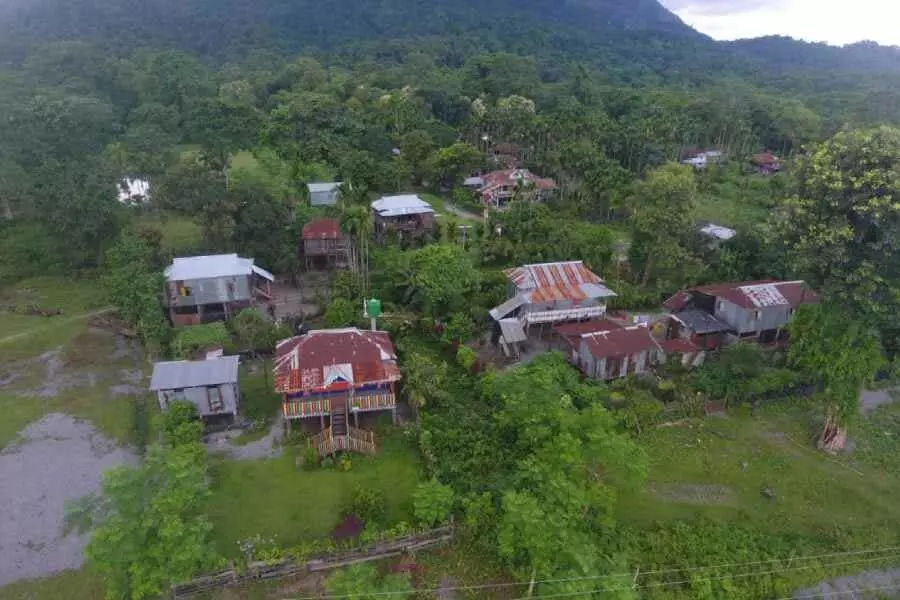Instances of polling officials being unable to perform their duties due to intimidation by goons of various political parties come to light every election season. But rare are the stories of poll workers who are prepared to brave no less than a Royal Bengal tiger to ensure that people can cast their vote (“Last vote before tigers take over village”, March 19). One such story is that of Bhutia Basti, which is located in the center of Buxa Tiger Reserve. The now-vacant village will hold its last vote this April as villagers have been relocated to make room for tigers and their prey. If India is the mother of democracy, then those citizens who are willing to step into the middle of the tiger belt to cast their vote and get voted in are its true children.
Brijendra Nath Biswas, Calcutta
some concerns
Sir – A committee led by former President Ram Nath Kovind has recommended that India change the system of holding simultaneous elections within a period of 100 days for all levels of government (‘concurrent elections subject to panel approval’ , 15 March). Holding simultaneous Lok Sabha and Assembly elections would not pose any legal challenge as the relevant constitutional changes would not require ratification by the states. A common voter list is also a good idea. However, there are some problems that need to be addressed before the Bharatiya Janata Party’s idea of ‘one nation, one election’ can become a reality.
Moreover, the dynamics of parliamentary and assembly elections are different. For example, the BJP won several seats in the national capital in the 2014 and 2019 Lok Sabha elections; However, it was the Aam Aadmi Party that came to power in Delhi in consecutive assembly elections.
Khokan Das, Calcutta
Sir – The official report on the proposal of ‘One Nation, One Election’ is not surprising. The committee deliberating on the matter has agreed with the ruling party at the Center and recommended that elections be held simultaneously in the entire country. Reduction in expenses and continuity in governance are the main arguments in favor of this idea. But this justification is not acceptable. If simultaneous elections are held then state and local governments will lose their importance and their agenda will merge with the agenda of the Centre. The distortions of electoral practices in India cannot be addressed through piecemeal reforms.
D.V.G. Shankar Rao, Andhra Pradesh
Sir – The High Level Committee on Simultaneous Elections chaired by former President Ram Nath Kovind has supported simultaneous elections to the Lok Sabha and State Assemblies and elections to local bodies within 100 days thereafter. The primary reason for this recommendation is the significant cost reduction. But several issues need to be resolved before the system can be implemented. First of all, if an elected representative passes away, when will by-elections be held in his constituency? Secondly, simultaneous elections would also require strengthening of anti-defection laws – defection should be completely banned and splitting of parties into factions should be punished.
Shravan Ramachandran, Chennai
Sir – The idea of simultaneous elections is necessary for the Central and State Governments so that the country does not remain stuck in continuous ‘election mode’ (‘All in One’, March 19). Objections to this idea are numerous but none of them are particularly valid. The argument that the ruling party at the Center can influence state-level elections is ridiculous; Had this been the case, BJP would have won every state election in the last few years. There is an urgent need for electoral reforms. Appropriate amendments should be made.
Tapes Chandra Lahiri, Calcutta
Sir – As per the recommendation of a high level committee which was examining the idea of simultaneous elections, if there is a need to hold mid-term general elections, the term of the new Lok Sabha will be only for the remainder of the “unexpired term”. Pre-elected House. Thus simultaneous elections may be more expensive – holding multiple general elections within five years would cost more. Additionally, prematurely terminating the terms of elected state legislatures would create an uproar. Such a one-size-fits-all approach is inconsistent with the principles of democracy.
Sujit Dey, Calcutta
Sir – It is true that frequent elections put an incalculable burden on national resources. Lakhs of paramilitary forces and government officials have to be deployed and schools have to be closed to act as election booths. There is no merit in the claim that concurrent elections will harm the democratic ethos of India. After all, political parties will hardly stop boosting their vote banks if simultaneous elections are held.
Abhijeet Roy,Jamshedpur
strong grip
Sir – Russia appears to have devolved into a full-fledged autocratic regime following Vladimir Putin’s ‘landslide’ victory following the death of his most vocal rival Alexei Navalny.
